Overview
The Biology of Trauma
An explanation of what happens in the body when we experience stress and how that relates to the ‘mind/body’ connection. We often think we can control the mind by being resilient however what really happens when the body does what it is build to do by our biological fight/flight/freeze stress response?
Burnout, the ingredients that cause stress
An outline of stressors that come with the job to assist in understanding why police are under the pump and the way triggers impact reaction versus response. This includes how the organization impacts police resilience.
The medical model verses person centred care
An explanation of the differences between psychiatry, psychotherapy and counselling to assist police and their families to understand the appropriate care to support their individual needs by making an informed choice.
Talking about Suicide
A sensitive conversation around suicidal ideation, which is an ultimate challenge for us all, how this can manifest and what to do if you, a family member, friend or colleague is struggling.
Reaching out for help
What are the options and how can we empower ourselves to live our best life.
Emotional awareness for managers
Information around how to identify and approach staff who are showing signs of burnout. A look at language and sensitivity when speaking with team members and how to use a person-centred approach rather than the penal system.
The role of Chaplains
An open discussion regarding the work of police chaplains and chaplaincy in general and how chaplains can be of support to serving and former police as well as how they assist and support families. This can include assisting when mental health issues arise as well as family crises, relationship breakdown and where there is illness or a death in the family.
Step-By-Step
Mental health professional support
Your doctor can refer you to mental health professionals including:
• psychiatrists
• psychologists
• counsellors
• social workers
• occupational therapists.
You can read about the different types of mental health professionals on the health direct website.
You can also use their find a health service tool to find one near you.
A mental health treatment plan lets you claim up to 20 sessions with a mental health professional each calendar year.
To start with, your doctor or psychiatrist will refer you for up to 6 sessions at a time. If you need more, they can refer you for further sessions. Health professionals set their own fees, so we may only cover some of the cost. Ask how much you’ll pay and what you’ll get back from us when you make your appointment. If they bulk bill, you won’t have to pay anything. If you have private health insurance, you may be able to get some money back. You can check with your insurer.
Help with costs
A mental health treatment plan lets you claim up to 20 sessions with a mental health professional each calendar year.
To start with, your doctor or psychiatrist will refer you for up to 6 sessions at a time. If you need more, they can refer you for further sessions. Health professionals set their own fees, so we may only cover some of the cost. Ask how much you’ll pay and what you’ll get back from us when you make your appointment. If they bulk bill, you won’t have to pay anything. If you have private health insurance, you may be able to get some money back. You can check with your insurer.
Rural and remote support
If you live in a remote area, it might be hard to see a mental health professional. You may be able to have a telehealth video consultation instead. You can claim for video consultation sessions with a mental health professional.
Ask your GP or mental health professional if they offer this service. You can also search the find a health service tool on the healthdirect website for mental health telehealth services.
Helpful Links
Content for pathways to help
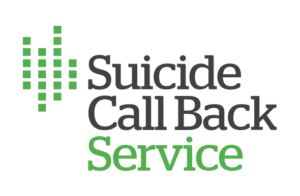 17 Nov 2021
17 Nov 2021
Suicide Callback Service
The suicide callback service provides national 24/7 online and phone counselling, advice, support and resources for anyone experiencing emotional or mental health issues who are at risk of suicide. Support services and resources are also available for family and friends of those living with emotional or mental health challenges or who are bereaved by suicide.
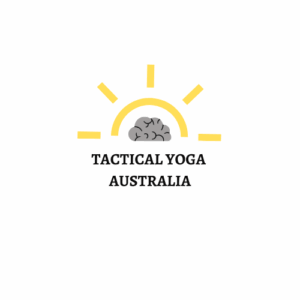 23 Jun 2025
23 Jun 2025
Tacticle Yoga Australia
Tactical Yoga Australia provides online yoga programs, and a podcast designed to support the mental wellness of first responders and veterans.
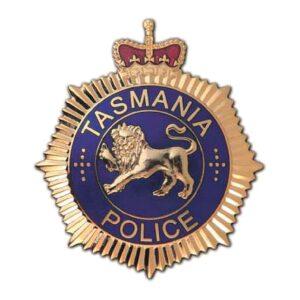 03 Apr 2022
03 Apr 2022
Tasmania Police
Each individual state police jurisdictions will have mental health services for serving police which should include an Employee Assistance Program (EAP) along with other specific services. This may include EAP for transitioning police, former police up to 12 months and services for families. Career Transition services may also be included in some jurisdictions as moving into a new career after serving in the police force impacts mental health outcomes.
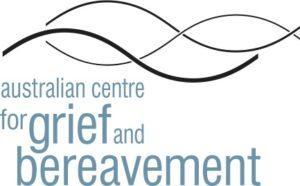 17 Nov 2021
17 Nov 2021
The Australian Centre for Grief and Bereavement
Located in Victoria, the Australian Centre for Grief and Bereavement provides support, programs, workshops, online forums, resources and counselling for individuals and families affected by grief and bereavement whether it be from the death of a loved one or for those suffering illness, infertility or dealing with life challenges.
 14 Nov 2022
14 Nov 2022
The Blue knot Foundation – National Centre of Excellence for Complex Trauma
Support Services for survivors and supporters of people living with or effected by complex trauma including resources to empower recovery via a helpline, redress services for those effected by institutionalized child sexual abuse and a national counselling and referral service for disability including educational workshops and resources.
 03 Apr 2022
03 Apr 2022
The Change Room
Founded in 2016, this program aims to provide a combination of mental health and resilience training to those people living with physical and emotional injury. With a mix of mentors who include former elite sportsman and physical intelligence experts programs cover information relating to health, nutrition and exercise as a way to heal.
 03 Apr 2022
03 Apr 2022
Thompson Institute
Based on the Sunshine Coast, Qld the Thompson Institute is researched based and connected with the University of the Sunshine Coast where they integrate mental health and neurological research, teaching and clinical services. The Emerald proactive mental wellbeing program is available free of charge for those living with a mental health condition and who are striving to find ways to enhance their wellbeing.
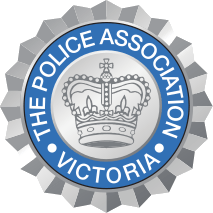 03 Apr 2022
03 Apr 2022
TPAV: The Police Association of Victoria
All Australian Police jurisdictions have Police Unions who provide Industrial Relations, Financial and in some state’s welfare and mental health support and services. Assistance for issues relating to workers compensation, legal matters, necessitous circumstances, and career transition may also be available through your state union. Associate membership for former officers is another way to stay connected to support and services post policing.
 03 Apr 2022
03 Apr 2022
Traumatic Stress Clinic (University of NSW, The Westmead Institute)
Based in Westmead NSW, this evidence and researched based Cognitive Behavioral Therapy (CBT) program, is available for police who have experienced work based and organisational trauma. Investigating new ways of enhancing existing CBT treatments along with 11 weeks of weekly one on one counselling with a clinical psychologist to ascertain the benefits of therapy tailored specifically to emergency services workers.
 04 Jul 2024
04 Jul 2024
Trojans Trek
Trojans Trek assists police and veterans to deal with their mental health issues via a peer led wilderness experience.
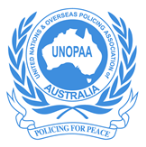 03 Apr 2022
03 Apr 2022
UNOPAA: United Nations and Overseas Policing Association of Australia
All Australian Police jurisdictions have Police Unions who provide Industrial Relations, Financial and in some state’s welfare and mental health support and services. Assistance for issues relating to workers compensation, legal matters, necessitous circumstances, and career transition may also be available through your state union. Associate membership for former officers is another way to stay connected to support and services post policing.
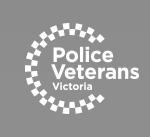 03 Apr 2022
03 Apr 2022
Veteran Support (Victoria)
Wellbeing for current and former Victorian Police Employees and their families
 05 Jun 2022
05 Jun 2022
Vicarious Trauma
Vicarious trauma by way of exposures to the traumatic experiences of others can erode your sense of self and change the way you view the world.

 Exit
Exit







